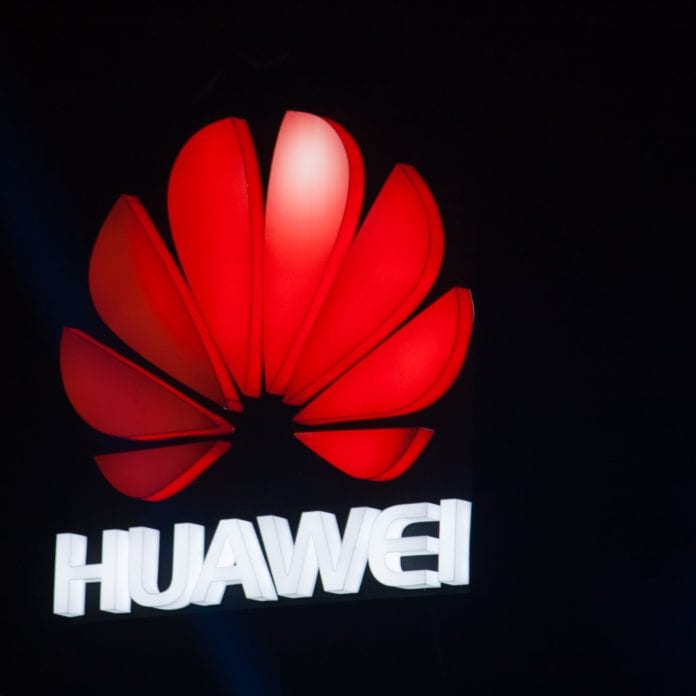The Chinese vendor said it will focus on creating a more resilient business structure to face challenges around the world
Chinese vendor Huawei expects to record revenues of $108.5 billion in 2018, which would represent an increase of 21% compared to the previous year, the company said in a statement.
Huawei rotating Chairman Guo Ping said that Huawei has already signed 26 commercial contracts for 5G with leading global carriers and has already shipped more than 10,000 5G base stations to markets around the world.
The executive noted that the company also announced its artificial intelligence strategy and launched a full-stack portfolio of AI solutions for all scenarios. This portfolio includes AI chips as well as related products and cloud services.
“Our business performance remains strong, and this is by far the most direct form of validation that we can receive from our customers. It is also our best response to negative conjecture and market restrictions,” the executive said.
“In the coming year, we will see new waves of development in digitization and intelligence, and we may very well encounter even greater difficulties. In times like this, we must summon our inner strength, improve the quality of our operations, inspire passion across the organization, and continue forging ahead to satisfy customer needs and achieve strategic leadership,” he added.
“In 2019, we will focus on strategic businesses and strategic opportunities and build a more resilient business structure,” Guo Ping said. He highlighted that Huawei has a strong track record in cyber security, emphasizing that the vendor has never posed a security threat.
“Going global means complying with the laws of all countries and regions where we operate. This is the most important basis for us to survive, serve, and contribute to the world at large. We must continue to incorporate compliance requirements into all business activities through carefully aligned policy, systems, organizations, processes, culture, training, and communications,” the executive said.
“We must not be discouraged by malicious incidents or temporary setbacks, and must remain determined to achieve global leadership,” he added.
The Chinese vendor is facing some challenges as a number of governments have restricted the use of its telecom equipments due to security concerns.
In August, Australian authorities announced a decision to prevent certain vendors from taking part in the rollout of 5G mobile networks across the country, effectively banning Chinese companies Huawei and ZTE from involvement. Huawei said the decision by the Australian government to block the company from the country’s domestic 5G market was politically motivated and not the result of a fact-based decision-making process.
Also in August, U.S. President Donald Trump signed the National Defense Authorization Act, or NDAA, which included new regulations that ban government agencies doing business with Chinese vendors Huawei and ZTE. The bill prohibits the U.S. government and its contractors from buying certain telecommunications and video surveillance equipment from Huawei, ZTE and other Chinese communications companies.
Meanwhile, some U.S. lawmakers have urged the Canadian government to ban Huawei from providing 5G gear to Canadian carriers over security allegations. Japanese authorities have recently implemented a ban on government purchases of equipment from Chinese vendors Huawei Technologies and ZTE, with the aim of preventing intelligence leaks and cyberattacks. The company’s CFO Meng Wanzhou was arrested in Canada in December, for extradition to the U.S. on charges of alleged violations of sanctions against Iran, in an escalation of ongoing trade tensions between the U.S. and China. Trump is also reportedly considering an executive order that would ban U.S. telecom companies from using equipment from Huawei and fellow Chinese vendor ZTE.
“In the face of a crisis of confidence from the West, first we must do our own work well, and continue to build Huawei’s competitiveness in the field of 5G,” Huawei Chairman Liang Hua recently told reporters; Ling Hua was reportedly appointed CFO in Meng Wanzhou’s absence. “We believe that customers will make their own decisions.”

